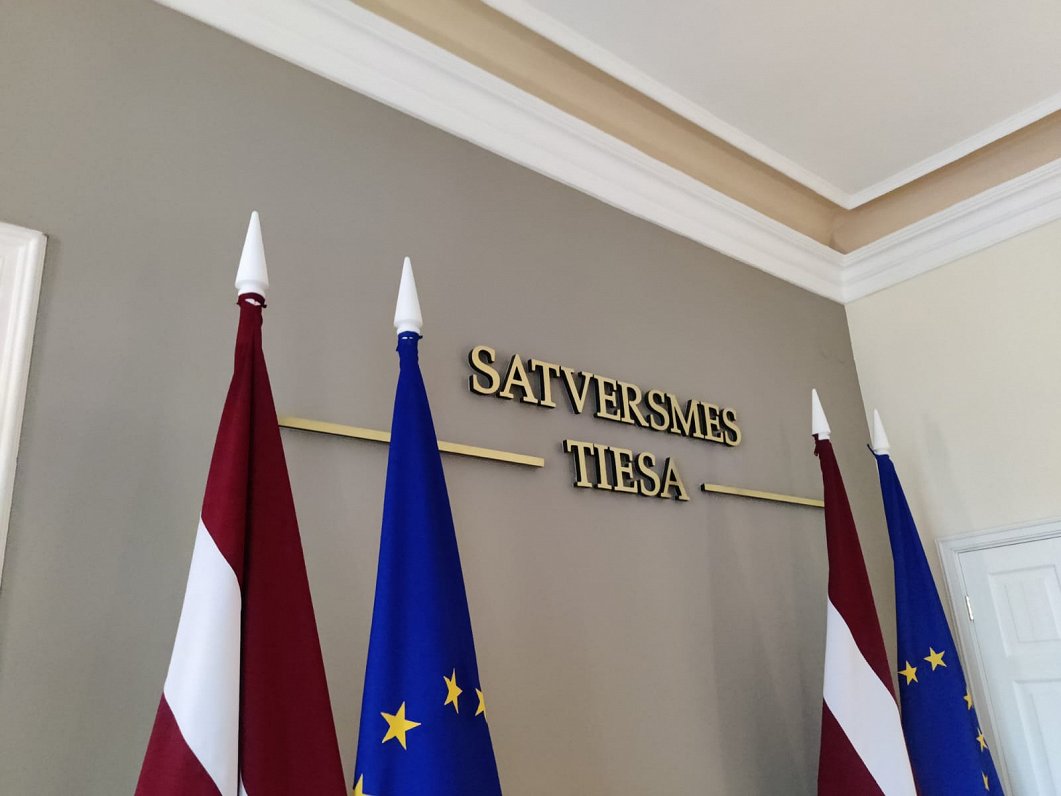In 2020, the Constitutional Court decided that the rule of law adopted in 2018, which stipulated that private universities and university colleges should only teach in Latvian, does not comply with the Constitution. A year later, the Saeima determined that studies in all universities and colleges must take place in the official language, but the right to implement study programs in a foreign language, which is the official language in one of the European Union's (EU) Member States, is for those universities that have achieved certain quality criteria.
The rules currently in force require that higher education programs be carried out in Latvian, but not more than one-fifth of the amount of the study program credits may be read in other official languages of the EU. In February this year, the ST declared it unconstitutional to limit the implementation of study programs in the official languages of the EU. However, restrictions on other foreign languages have been recognized as being in line with the Constitution.
The ST recently looked at another case proposed by the Harmony Members of the previous Saeima. The applicants pointed out that the contested rules limited the implementation of study programs in foreign languages by universities within their autonomy, as well as the freedom of teaching staff in higher education to develop and read study courses in foreign languages.
During the hearing of the case, the Saeima amended one of the contested provisions of the Law on Higher Education, but the regulation included in it regarding the language of the implementation of university study programs had not changed. The Court assessed both the previous framework and the current one.
The Court concluded that the contested rules limit the autonomy of public and private universities and the academic freedom of teaching staff. The Constitutional Court subsequently concluded that this restriction was not imposed by a law adopted in due course, as a significant violation of the principle of good law has been allowed.
In particular, the legislator has not ensured that the judgment delivered in 2020 is properly enforced.
Nor has the legislator assessed the compatibility of the contested norms with Article 114 of the Constitution, which protects the rights of minorities to preserve and develop their own language, ethnic and cultural characteristics.
The current judgment states that after the 2020 judgment, more than 10 months were given for the development of a new framework. However, the draft law was submitted to the Saeima only about one month before the deadline, and the changes were examined in an urgency order.
In addition, the Saeima did not survey the views of stakeholders as much as possible when assessing the alternatives.
Accordingly, the Constitutional Court recognized the norms of the Law on Higher Education Institutions (Section 56, Clauses 3, 4 and 5), which governs the language of studies, as not complying with Articles 112 and 113 of the Constitution. They have been invalidated as of July 1 2024.





























